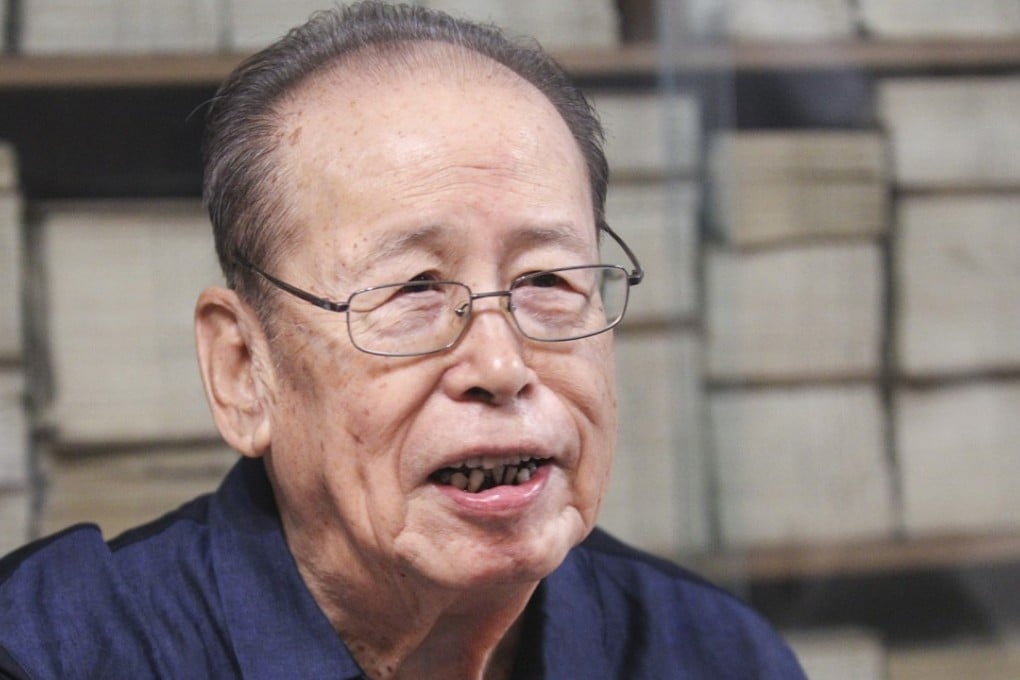Advertisement
Basic Law ‘re-education’ urged by Beijing’s former top man in Hong Kong
Zhou Nan says there has been too much emphasis on ‘two systems’ at the expense of ‘one country’
Reading Time:2 minutes
Why you can trust SCMP

Beijing’s top man in Hong Kong during the city’s handover to China two decades ago has urged “re-education” for citizens in constitutional matters and greater emphasis on their obligations to the country.
Zhou Nan, former director of the official Xinhua News Agency’s Hong Kong branch – Beijing’s de facto embassy before 1997 – said the city’s implementation of the Basic Law had “not been comprehensive enough”.
Advertisement
“There should be re-education in the Basic Law,” Zhou told reporters in Beijing, suggesting that original instructional efforts had placed “too much emphasis on ‘two systems’ while largely ignoring ‘one country’, causing quite some confusion among the public”.
He was speaking a week before Hong Kong marks 20 years under Chinese rule on July 1.
Advertisement
Under Beijing’s commitment to the “one country, two systems” policy, the city is guaranteed a high degree of autonomy.
Advertisement
Select Voice
Choose your listening speed
Get through articles 2x faster
1.25x
250 WPM
Slow
Average
Fast
1.25x